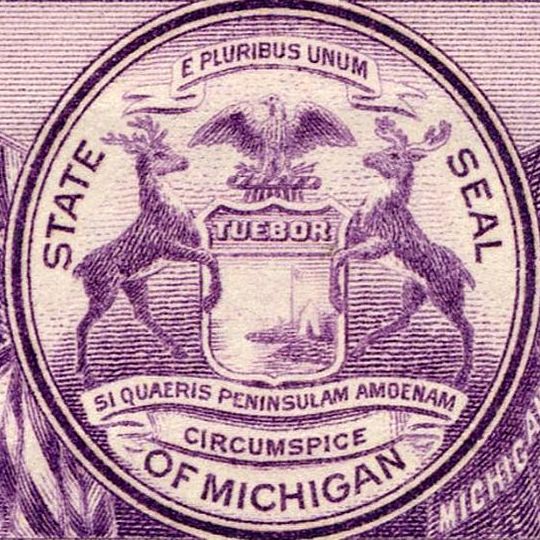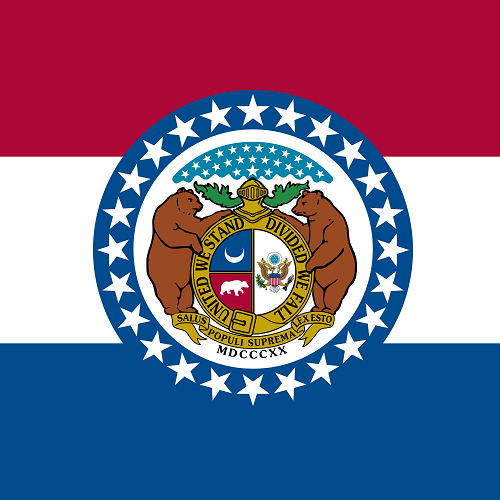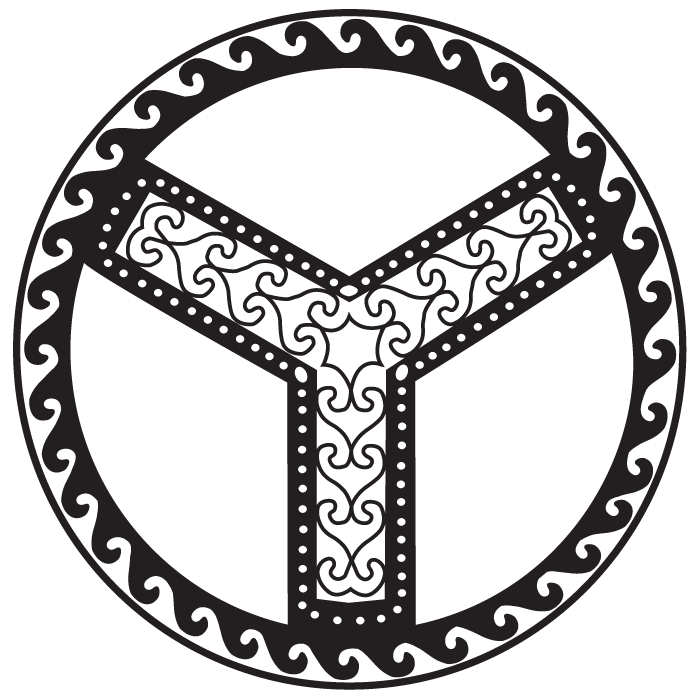Five
Admin at Slrpnk.net
Pronouns: they/he
The Five Filters of the Propaganda Model
Admins PM me for access to Fedi Admin Guild Loomio
- 1.38K Posts
- 356 Comments

 0·1 day ago
0·1 day agoI was a little disappointed that she tried to find some kind of synthesis between her own fawning opinion and Kim Stanley Robinson’s critical view of Always Coming Home.
Ursula’s concern with erasure due to sexism is warranted, but everyone’s star must fade. No one is completely correct, and while Le Guin was ahead of her time, no one has a perfect vision of the future or even a clear vision of their own present. Sincere criticism is a form of flattery, and many authors long gone continue to be referenced not just because they had a prescient view, but because their critics keep them alive. Tolstoy was the most famous author in the Soviet Union because despite being banned to print, the publishing of rebuttals and counter-apologetics were subsidized by the central soviet, so that everyone knew his name and anarchist views.
In this cast, DeFreitas celebrates Le Guin in a way that is effusive but neither hot nor cold. It’s exactly this kind of inoffensive praise that reduces the great to symbols of greatness, and from there to cliché, mediocrity, and obscurity. Good authors deserve trenchant praise, or at least honest criticism.
 6·1 day ago
6·1 day agoI wish this were the case. While greater parental wealth means better health outcomes for their infants, it is still significantly lower than outcomes for comparable infants of wealthy parents in welfare states.
Intentionally undermining health infrastructure with the intention to harm women, working people, and minorities harms health outcomes for everyone.

 0·2 days ago
0·2 days agoI appreciate this.

 31·8 days ago
31·8 days agoVoice of America (VOA) is a state media network funded by the United States of America, whose purpose is to project soft power through journalism. In 1948, Voice of America was forbidden to broadcast directly to American citizens to protect the public from propaganda by its own government. The restriction was removed in 2013 to to adapt to the Internet age.
In 2005, the Washington Post reported that suspected Al-qaeda operatives were flown into Thailand to be detained and tortured. VOA’s remote relay radio station in Udon Thani province has been widely suspected to be the torture site. VOA has been conspicuously silent on the charges. Their reporters have unparalleled access to the details of the case, but none of them appear to have done any investigation.
According to David Van Zandt in MBFC’s methodology:
It’s crucial to note that our bias scale is calibrated to the political spectrum of the United States
To better understand this statement, it should be noted that MBFC regards VOA as “least biased” despite its uncontroversial status as the United States’ official propaganda outlet.

 0·9 days ago
0·9 days agoClean energy infrastructure is desperately needed, but capitalists don’t want to pay labor a fair wage.
The stories I hear from tradespeople in clean energy work is that entry level positions are paying less, and the bonuses they were seeing when they started are drying up. Many are looking to move away from clean-energy specific labor and into electrical or construction where unions are better established.
Improperly installed solar panels short out and fail early, carelessly sealed roof mountings leak and damage the dwelling, and most importantly, pressured novice workers make often fatal mistakes while working with electricity or at significant heights. To those with the experience of prison labor as a baseline, the risks and rewards of this kind of labor may be attractive. But most tradespeople know these jobs exist, and choose not to take them.
Instead of support for labor, you see state, provincial, and national incentives to recruit new workers into these fields, as well as articles like this one touting the potential of employment in the clean energy economy. But noticeably absent from the article is any mention of labor organization or workers protections for the people doing this work. If the state was serious about building this infrastructure, they would make these fields union jobs. That’s the only way to get quality renewable energy infrastructure built at scale.
 1·12 days ago
1·12 days agoMBFC has an abysmal RSN score.
 52·13 days ago
52·13 days agoBecause come November- we ALL know you’re going to disappear along with the rest of them and the only evidence that you were ever here will reside in a comment history where you were shown the door
'Til chilly November then, snowflake!
 63·13 days ago
63·13 days agoThere is NO blueprint for a working system of socialism in America. NONE. Pretty o much anyone that knows anything about it on an academic level knows it won’t work and has said as much. And as far as leftists go, none of you have a clue about it enough to do any more than copypasta one another’s pseudo-intellectual nonsense on it.
Ask a socialist why they hate capitalism, and they’ll give you a myriad of reasons. Ask a capitalist why they hate socialism and they’ll describe capitalism.
 75·13 days ago
75·13 days agoLeftists warned you that someone like Trump was the inevitable result of the capitalist system before he was elected. And here you are, eight years later STILL scapegoating the left for another fascist turn.

 22·18 days ago
22·18 days agoI think David Van Zandt has a vendetta against Philip Weiss. Racists tend to be unfeeling or feel contempt for ‘lesser’ racial groups, and are merely indifferent to their suffering. The most intense ‘hate’ in hate groups comes from the intensity of feeling racists have toward other people of their own race they perceive as ‘race traitors’ - who demonstrate that people who share their culture and heritage can afford empathy for the ‘other’ whom racists believe are unworthy of concern.
Truthout is a reputable website, with good journalism and reporting. There’s a number of other websites that report favorably on Palestinians, and don’t toe Van Zandt’s line that criticism of Israel and antisemitism are the same thing. They have higher ‘Credibility’ and ‘Factual Reporting’ scores than Truthout. But Truthout occasionally rehosts reporting from Mondoweiss, a site that Van Zandt has labelled as ‘antisemitic,’ and therefore Truthout must be punished for giving support to the most notorious enemy of Israel – ‘self-hating’ Jews.

 3·24 days ago
3·24 days agoHuffPost was founded by four people, including Arianna Huffington, CEO of Thrive Global, and Andrew Breitbart, who also built the alt-right outlet Breitbart News. Breitbart was also instrumental in founding The Drudge Report, an early popular news site that promoted news and opinion favorable to the Republican Party, and was The Huffington Post’s direct inspiration, with the focus instead on the Democratic party and ‘progressive’ values.

Tom Nicholas is really great in this piece. SLRPNK link

People who get angry at Just Stop Oil tactics are just showing their ignorance of civil rights and protest history.
 61·28 days ago
61·28 days agoYes, unsubstantiated means “no evidence.”
As the saying goes, absence of evidence is not evidence of absence.
 251·28 days ago
251·28 days agoUnsubstantiated by Snopes is not the same as false.

Alex de Vries predicted that current AI technology could be on track to annually consume as much electricity as the entire country of Ireland (29.3 terawatt-hours per year). For comparison, the Cambridge Bitcoin Electricity Consumption Index suggests Bitcoin uses 141-160 terawatt-hours (TWhs) of electricity annually. That’s ~0.7% of the world’s consumed electricity in 2022. The process of minting cryptocurrency is a very public activity, so the numbers are difficult to fudge. The cost of bringing extremely expensive nuclear reactors back online and driving demand for environmentally destructive Uranium mining and processing suggests de Vries’ guess was conservative.
I’m reminded of Jevon’s Paradox as applied to energy generation. I hope the AI bubble pops before much more investment goes into nuclear energy.

 0·29 days ago
0·29 days ago‘AI’ in the sense of machine learning algorithms is very old technology, and has seen revolutionary applications at every step of its development. Eliza was created in the 1960s and demonstrated that if the test of a computer’s artificial intelligence was whether it could fool a human that it was sentient, the value of that test depended very heavily on how willing the human correspondent was to ‘fill in the blanks.’ The results of those experiments show that average person is extremely willing to fill in the blanks even when the technology is full of gaping holes.
In the podcast, they’re talking specifically about ChatGPT-style technology, its flaws, and the willingness of people ‘fill in the blanks’ in a new dimension – to assume LLM technology is a truckload more graphics cards or a nuclear reactor away from what sci-fi writers mean when they say ‘Artificial Intelligence’ – and that is evidently false.

 0·1 month ago
0·1 month agoThe petro-billionaire people who brought you “The Line” are joining up with the badly conceived Octopus Crane Tower idea people to bring you something that definitely will never be built and probably has deep conceptual flaws.
The important take away from this performance art is that the people causing global warming and who stand to benefit from pumping even more carbon into the air to are working on clever solutions to reverse it, and you can continue living your life as if things will eventually return to the pre-climate crisis status quo.
















Like the stupid titles and vocabulary of the Klan, or the infantile memes of frenworld.